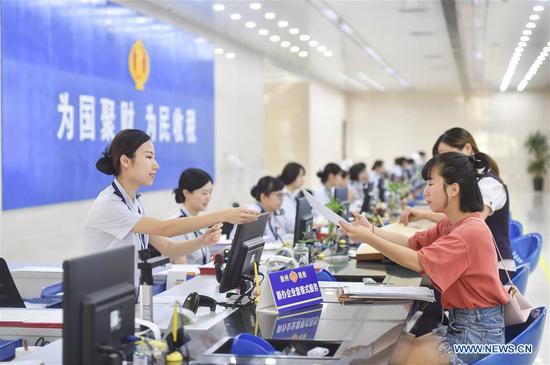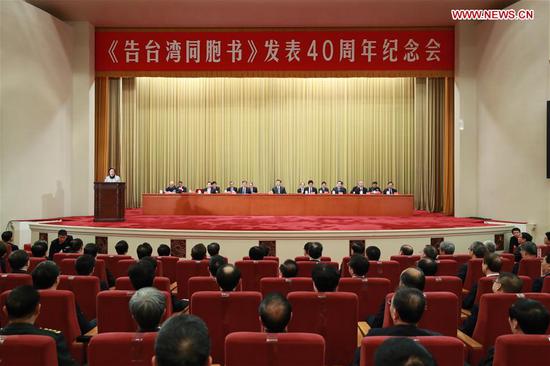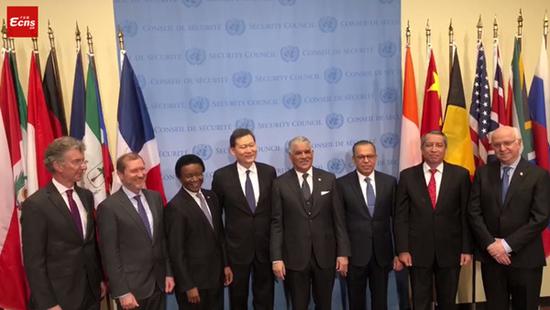The State Administration of Foreign Exchange (SAFE) announced on Wednesday a pilot program for cross-border foreign exchange settlements for companies engaged in merchandise trading in the Guangdong-Hong Kong-Macao Greater Bay Area, as well as Shanghai and East China's Zhejiang Province.
Banks could, on the premise of prudence and compliance, optimize the approval process for foreign-exchange settlement certificates. They could also make direct use of foreign-currency settlement accounts under the current account and waive the documentation process for special-purpose reimbursements of remittances for customers, the SAFE said in a circular.
The move is meant to facilitate trade and create a business-friendly environment amid a broad push to boost the sound development of the national economy.
Tian Guangqiang, assistant research fellow with the National Institute of International Strategy at the Chinese Academy of Social Sciences, told the Global Times on Wednesday that SAFE's latest move shows the Chinese government is doing its best to provide better service to companies in international trade.
Such an effort is significant to promote global trade liberalism given the protectionist headwinds in the U.S., and is also effective to boost trade with countries and regions along the Belt and Road initiatives, Tian said.
The three areas tapped for the pilot programs are China's key export-led regions.
According to media reports in August, Guangdong ranked No.1 in terms of foreign trade value among 31 provincial-level regions in the first half of 2018. Shanghai was No.3 and Zhejiang was No.4.
The move represents another initiative by the SAFE to improve environment for trading companies as part of the government's reform to improve regulations and services. In October, the SAFE abolished 17 regulations on foreign-exchange management to promote trade and investment facilitation.
Those regulations involved foreign-exchange payments for imports, trade in services and foreign debt, as well as foreign-exchange management for financial institutions, companies and individuals.


















































